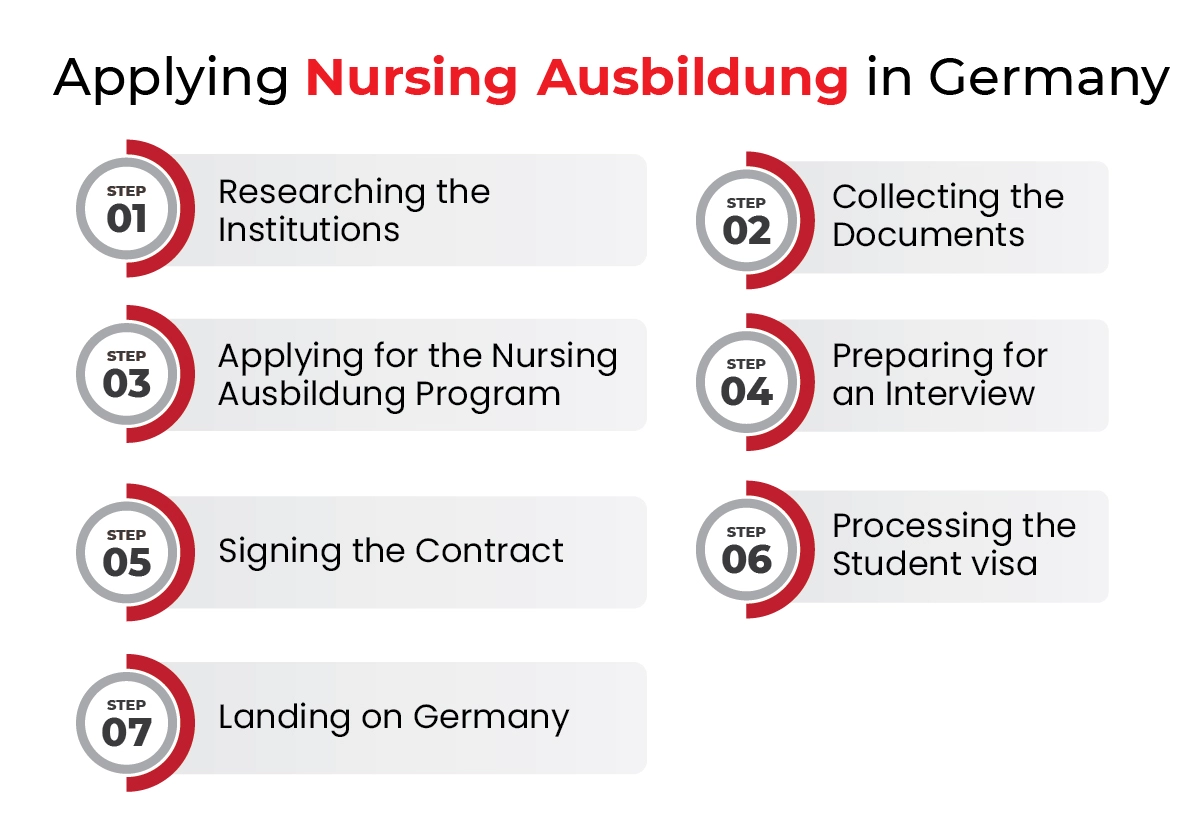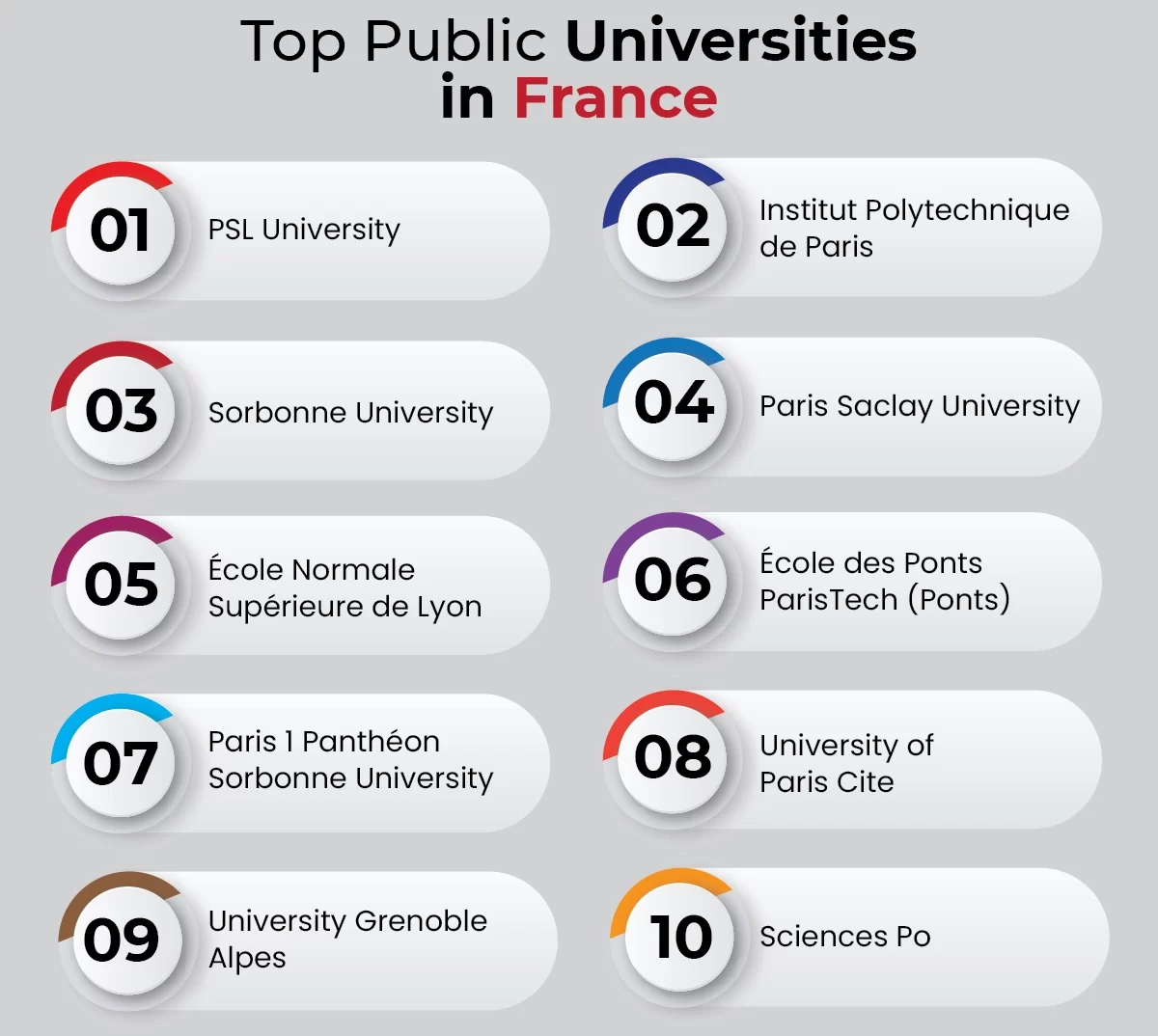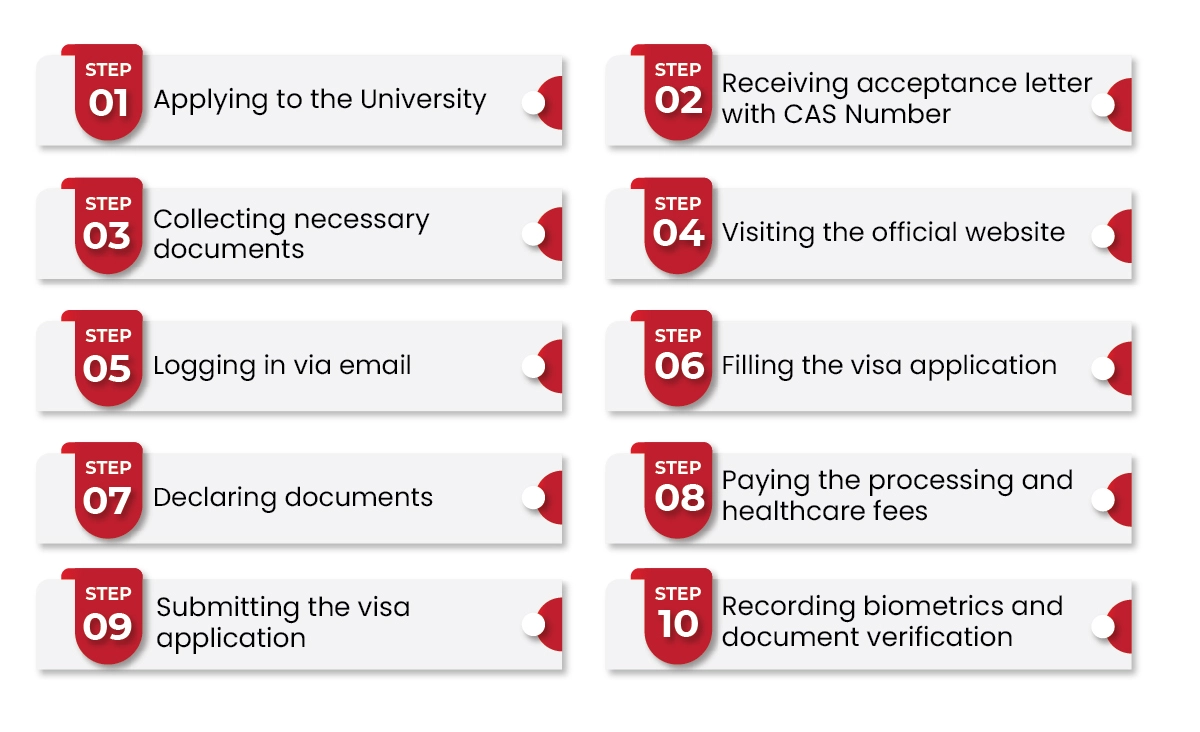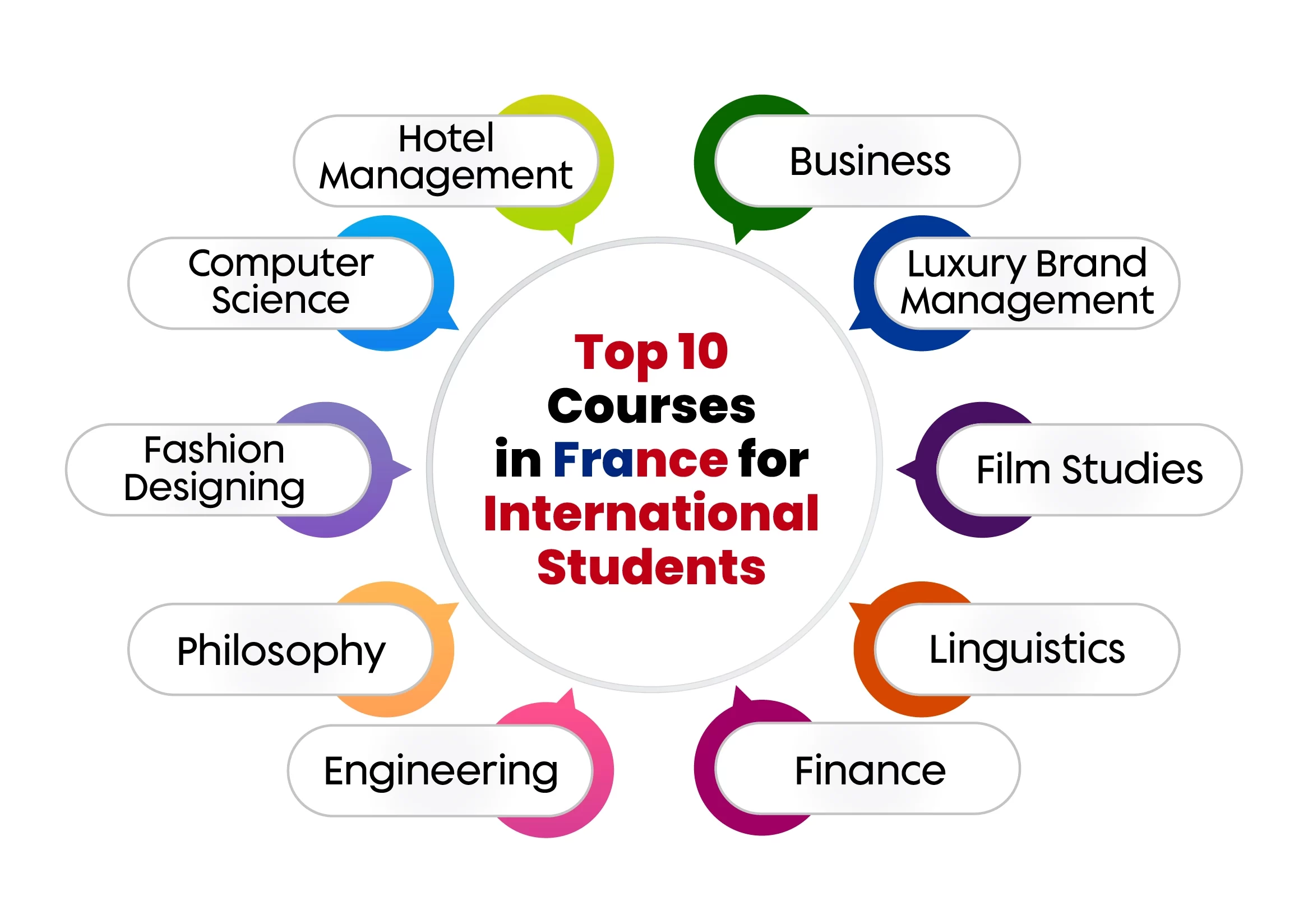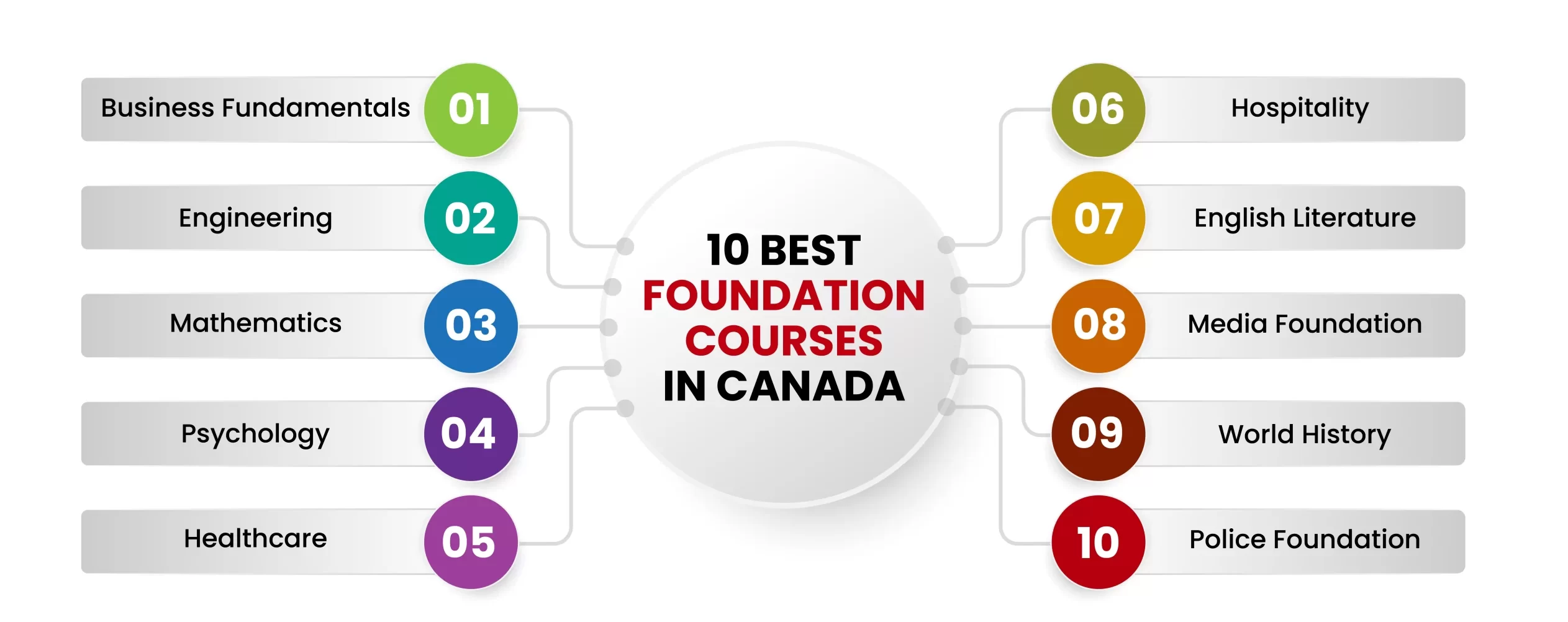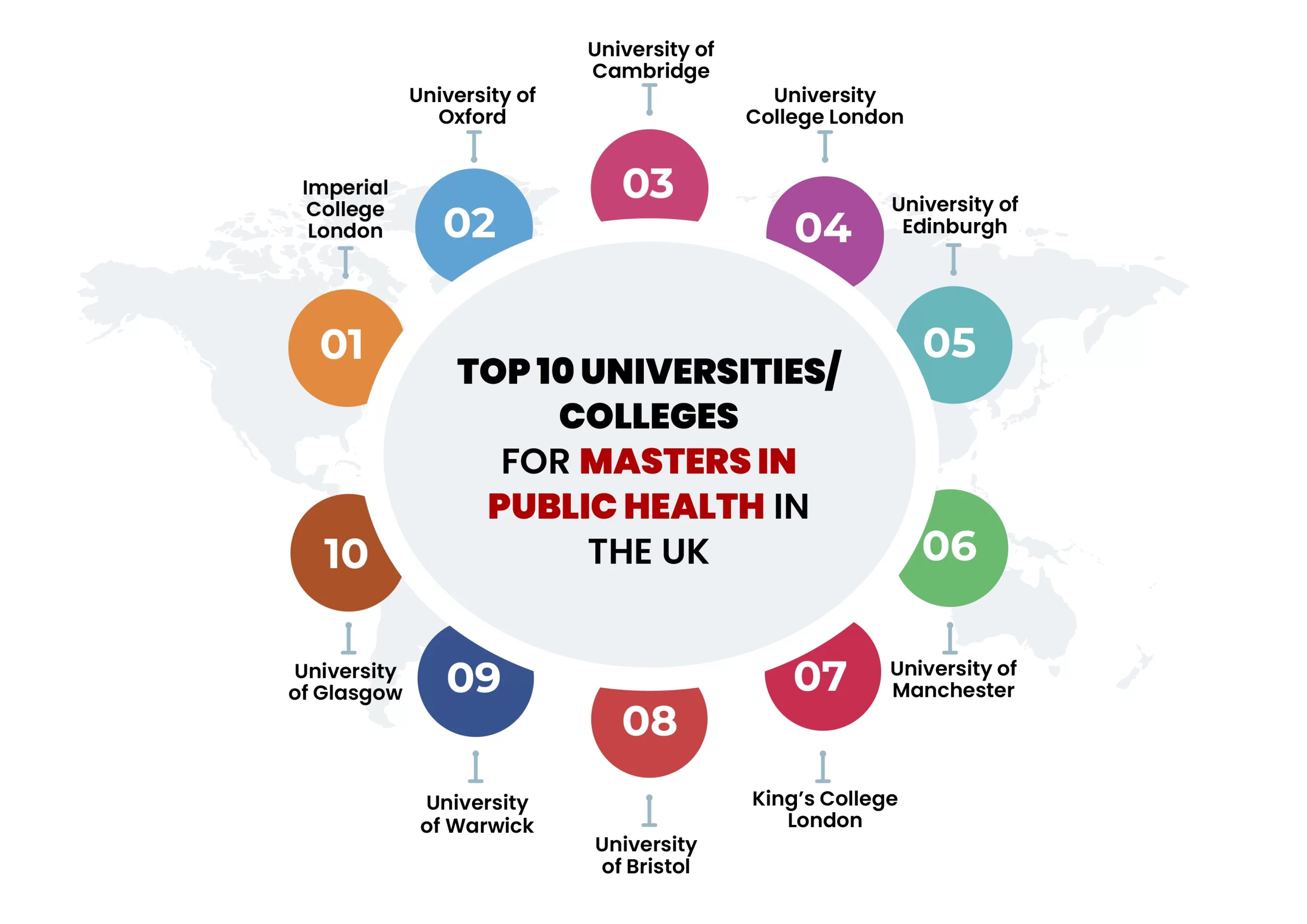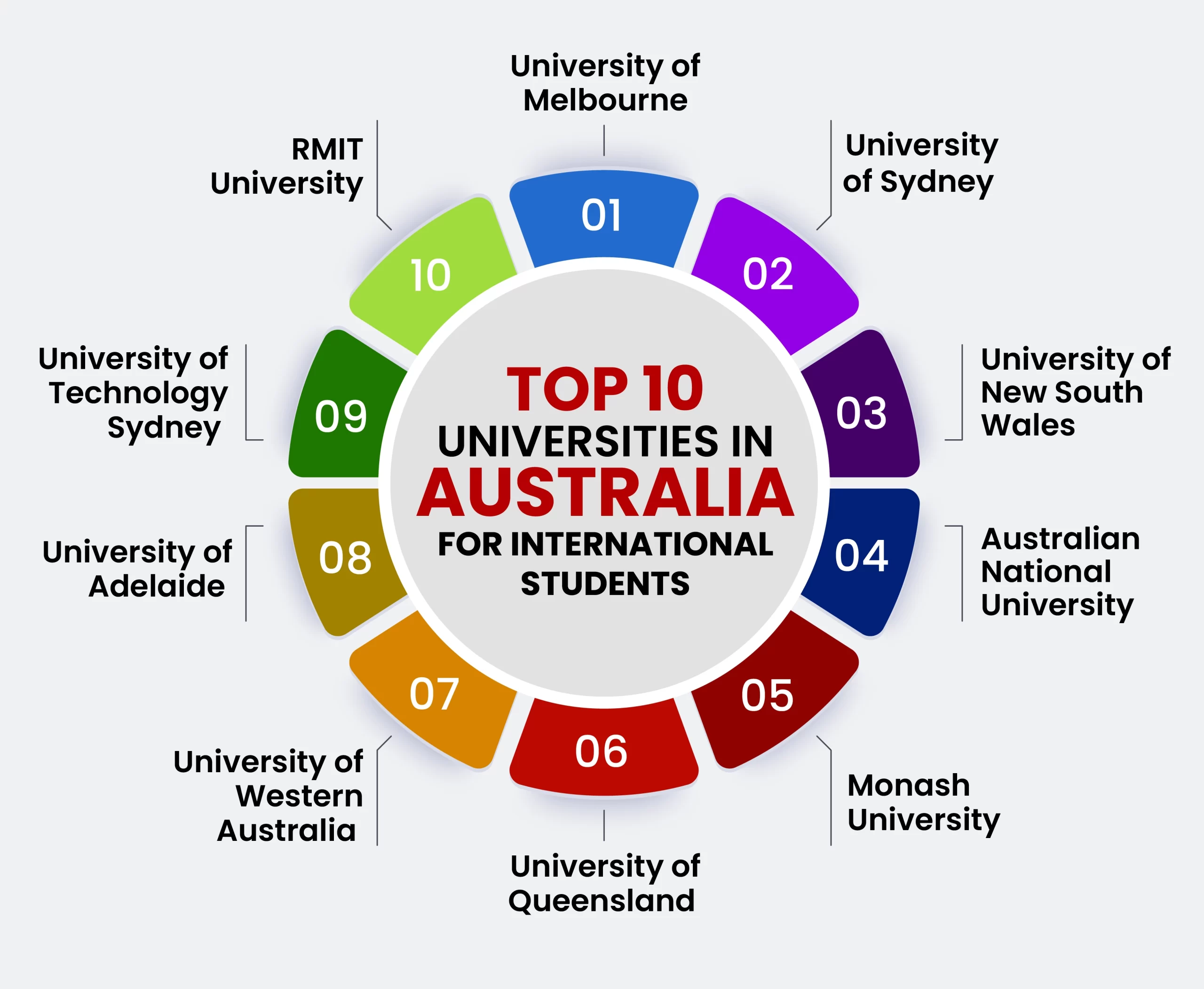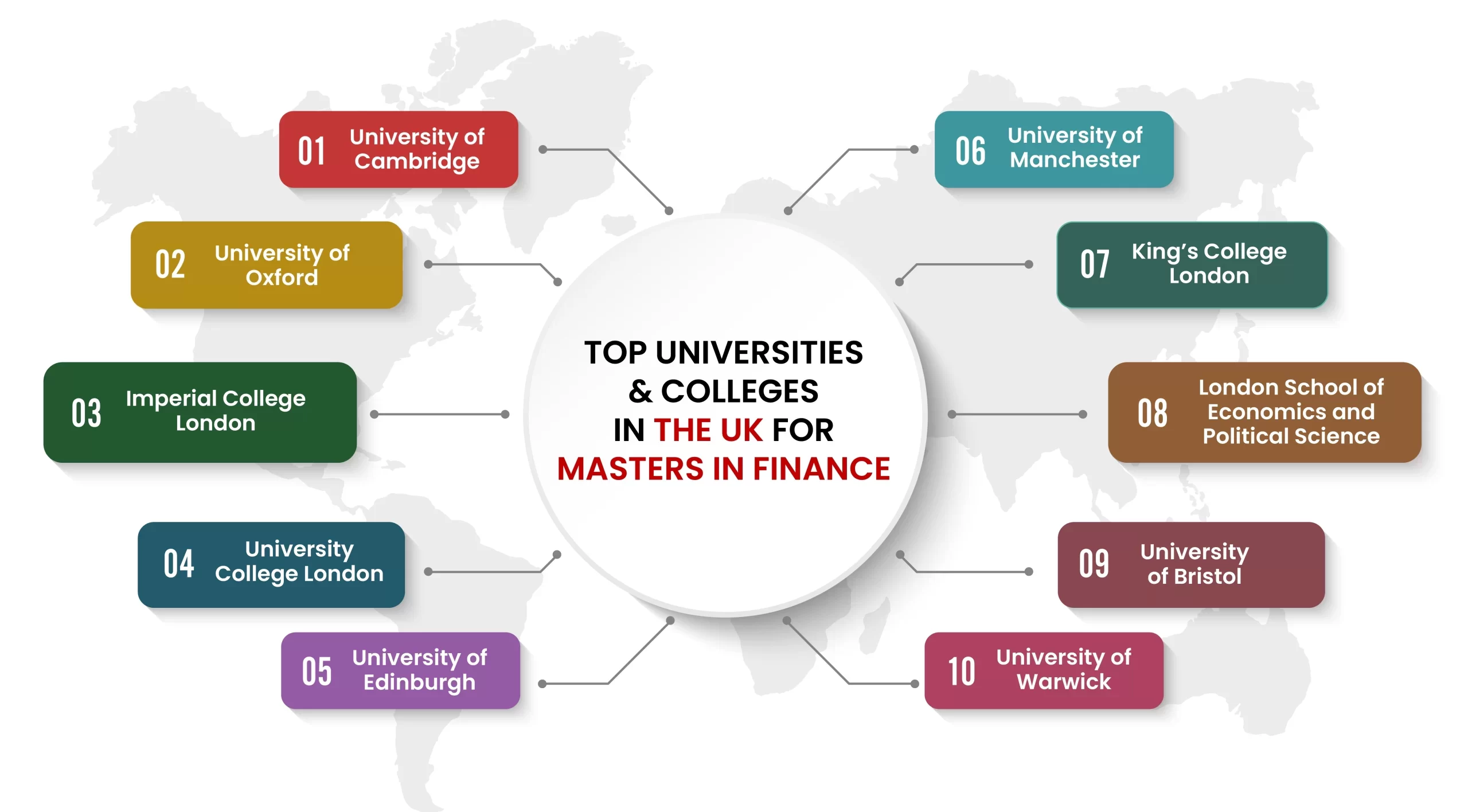Ireland is known for its historical name, “The Land of Saints and Scholars,” and this has been reflected in today’s Ireland Education System as well. With its academic rigor and the holistic development of its curriculum, the island nation would be a great choice for international students who decide to study abroad. Also, the country has a welcoming nature toward students who have shown an interest in education in Ireland.
Before dwelling further, it is inevitable to know about the education levels in Ireland for a clear cut of knowledge. Hence, this blog takes the spotlight on stage. Throughout this blog, it showcases the necessities, such as the reasons to study in Ireland, the education system in Ireland, and its ranking, in a comprehensive manner.
Table of Content
1Why Study in Ireland 2Ireland Education System Ranking 3Education Levels in Ireland 4National Framework of Qualifications8Conclusion9Frequently Asked Questions ( FAQ )
Why Study in Ireland
The Irish Education System was inherited from the UK in 1922. In both countries, the flow of education is more or less equal, comparatively. Hence, the reasons for the Ireland education system for international students are as follows:
- With a small number of higher educational institutions in Ireland, it includes some of the world’s best. One such is Trinity College, Dublin. These institutions provide the best research opportunities and have an employability rate of over 80% after graduation.
- The Ireland universities provide education at an affordable tuition fee. On an average, the cost of studying in Ireland would be around €14,000 for international students. Also, the cost of living and accommodation in Ireland is minimum. This affordability attracts international students to Ireland study abroad programs as a top destination.
- Even if the tuition fee seems like a burden, the Ireland scholarships for international students come in handy. With an excellent profile, a good skill set, and a strong academic background, one can land meritorious academic scholarships. Some of them are Government of Ireland Scholarships, Foundation Scholarships, and so on.
- According to the Global Peace Index (2024), Ireland stands in the 2nd position, which is characterized by low crime rates and a harmonious societal fabric. Moreover, the people of Ireland welcome foreign nationals with open hands, and the students can experience and live the Irish culture.
Ireland Education System Ranking
As per the recent study, the Ireland Education System has been performing better in Europe. This was reflected in the world rankings. Some of the prominent data regarding Republic of Ireland Education System are as follows:
- IMD World Competitiveness Ranking – Ireland ranked in Top 20
- US News Rankings – Ireland ranked among the best 20 countries in Education
- Breakingnews.ne – Ireland ranked 3rd in Quality of Education.
Some in-depth scoring in primary and secondary education are as follows:
- Total score in Primary Education – 84.78
- Rank for Higher Education across the world – 5th
- Overall score in Higher Education – 4.40/5.0. The factors are:
- Quality of Education – 4.51
- Cost of Living as a student – 3.33
- Graduate Career Prospects – 4.79
- Student Diversity – 4.32
- Social Life – 4.63
- Arts & Culture – 4.82
Education Levels in Ireland
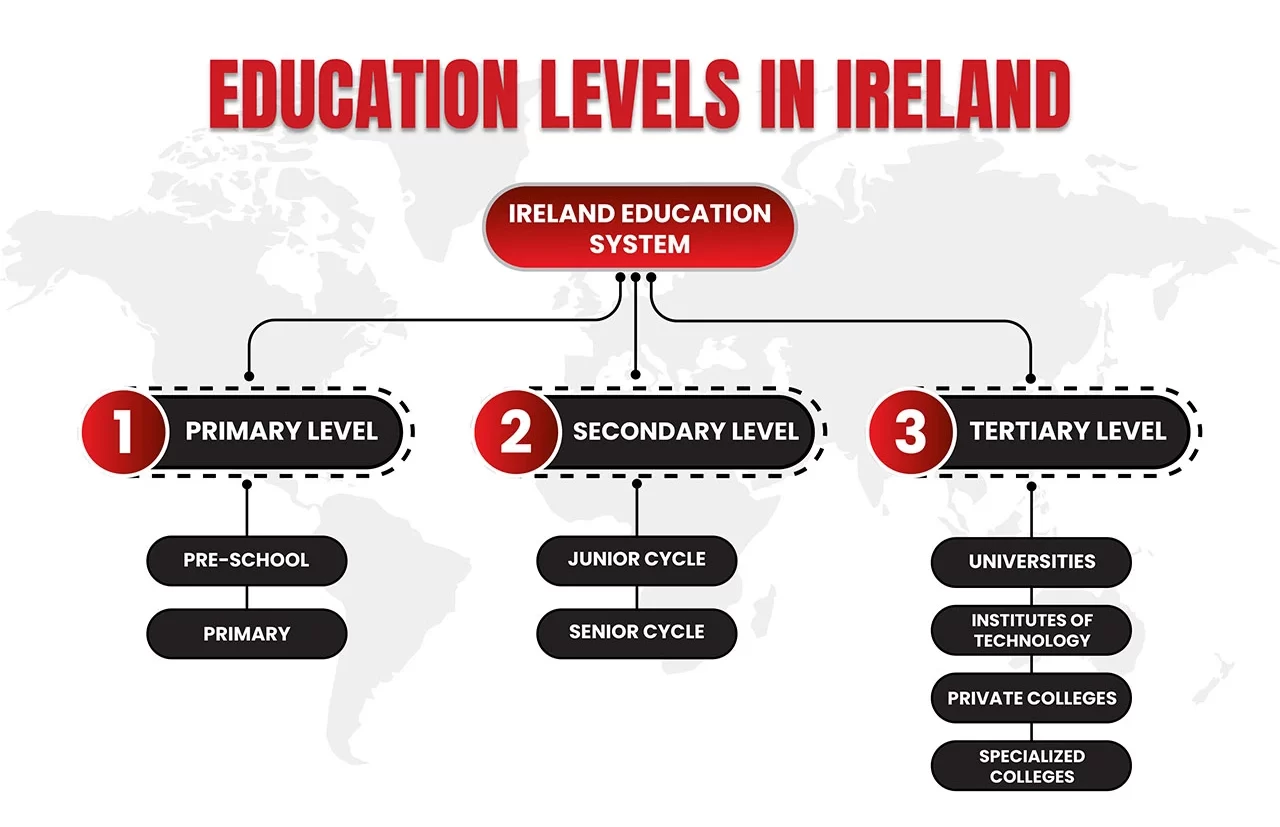
The education system in Ireland is a well-structured one that provides a comprehensive and inclusive learning experience, starting from primary to tertiary. As an international student, it becomes inevitable for them to know about the Ireland Education System for a better understanding and flow of education levels. Generally, Ireland’s educational system is classified into three levels: primary, secondary, and tertiary.
Primary Education
Primary Level education is the foundation level education, and it is based on the National Education System. Within primary level, there are two sub-sects: pre-school and primary.
Pre-School: Children who are aged between 3 and 5 are enrolled in preschool. The core subjects, such as Irish, English, math, science, and so on, have been introduced during this period. There are certain exemptions given for those who don’t wish to study the Irish language.
Primary: As per the Irish Government, children aged between 6 and 16 years must be compulsorily educated. Hence, the students must study their primary education completely. During this period, students develop their knowledge of core subjects through in-depth learning.
Secondary Education
After completing the primary level, the secondary level of education begins when the child attains 12 years of age, more or less. Like the primary level, the secondary level also has its sub-sects: junior cycle and senior cycle.
Junior Cycle: The ‘compulsory’ criteria continue in junior cycle aged (12–15) years as well. During this period, the students study the core subjects along with additional subjects. These subjects broaden the students’ perspective across subjects.
Senior Cycle: Children aged 16-18 can finish their senior cycle, either via Leaving Certificate or Leaving Certificate Applied. The traditional route is a Leaving Certificate that focuses on core subjects, whereas a Leaving Certificate Applied focuses on vocational subjects.
In addition to the above, students can further enrol in apprenticeship programs and non-tertiary education programs to educate themselves further.
Tertiary Education
After finishing school, students move on to pursue tertiary education. Universities, colleges, private colleges, and specialized institutions teach tertiary education for children aged 18 and above. All of these institutions offer different levels of credentialing, such as diploma, advanced diploma, undergraduate, and postgraduate. The following institutions explains the higher education system in Ireland:
Universities: There are seven universities in Ireland that offer a wide range of programs at various levels of credentialing. Out of seven, four are public and three are private. The public universities are considered the affordable universities in Ireland since they are government funded. There are certain Ireland universities for masters, such as Trinity, Dublin, that provide a wide range of advanced programs across various fields of study.
Institutes of Technology: These institutions focus on research and vocational training, preparing students for career-based practical applications. With over 14 institutions in Ireland, these institutions provide the second type of education in Ireland higher education system.
Private Colleges: These institutions are not government funded. Hence, the cost of studying could be comparatively higher than usual. There are 7 private colleges in Ireland that offer a range of specialized programs and degrees in fields such as engineering, management, business, and healthcare.
Specialized Colleges: These institutions offer a specific course in sectors such as healthcare management, healthcare, and agriculture. Apart from the above three institutions, these are often affiliated with the universities and the institutes of technology.
To establish a broader picture of the Ireland Education System, the upcoming table illustrates the three levels of education, along with some of its necessities.
| 1 | Primary | Pre-school | 3 years | Providing nurturing and developing environment for young children |
| Primary | 6 years | Providing a broad and balance foundation in core subjects | ||
| 2 | Secondary | Junior Cycle | 3 years | Providing the general education in addition to the core subjects |
| Senior Cycle | 3 years | Focuses on subject specialisation | ||
| Others | 2 years | Training programs (or) non-tertiary education | ||
| 3 | Tertiary | Undergraduate | 3 (or) 4 years | Foundation in a specific field of study leads to a bachelor degree |
| Postgraduate | 2 years | Advancement in the particular field of study | ||
| Doctorate | 3-5 years | In-depth research and training in the specific area |
National Framework of Qualifications (NFQ)
The National Framework of Qualifications (NFQ) is the single, standard and internationally accepted entity, through which all learning achievements in Ireland may be measured and related to each other, and which defines the relationship between all education and training awards. This NFQ specifies the standards of Irish Education qualifications which in turn similar to Europe’s European Qualifications Framework (EQF).
The NFQ is a system of ten levels. It is based on factors such as standards of knowledge, skill and competence. Each of the 10 levels grades the ranking from beginner till advanced. Also, it includes the awards made for all kinds of learning, wherever it gained. The following table shows the NFQ Levels along with its titles:
| NFQ Levels | Title | EFQ Levels |
| 1 | Level 1 Certificate | 1 |
| 2 | Level 2 Certificate (Primary Certificate) | |
| 3 | Level 3 Certificate / Junior Certificate (Lower Secondary) | 2 |
| 4 | Level 4 Certificate / Leaving Certificate (Upper Secondary) | 3 |
| 5 | Level 5 Certificate / Leaving Certificate (Upper / Post-Secondary) | 4 |
| 6 | Advanced Certificate / Higher Certificate / National Craft Certificate | 5 |
| 7 | Ordinary Bachelor’s Certificate | 6 |
| 8 | Honors Bachelor’s Degree / Higher Diploma | |
| 9 | Master’s Degree / Post Graduate Diploma | 7 |
| 10 | Doctorate / Post Doctorate | 8 |
Conclusion
Overall, the Ireland Education System provides a range of benefits and provides international students with a quality education and infrastructure. With a modern and updated curriculum, the Irish education system is committed to elevating students to face future challenges. If you are planning to go to Ireland for education, consider CanApprove for expert visa guidance.


